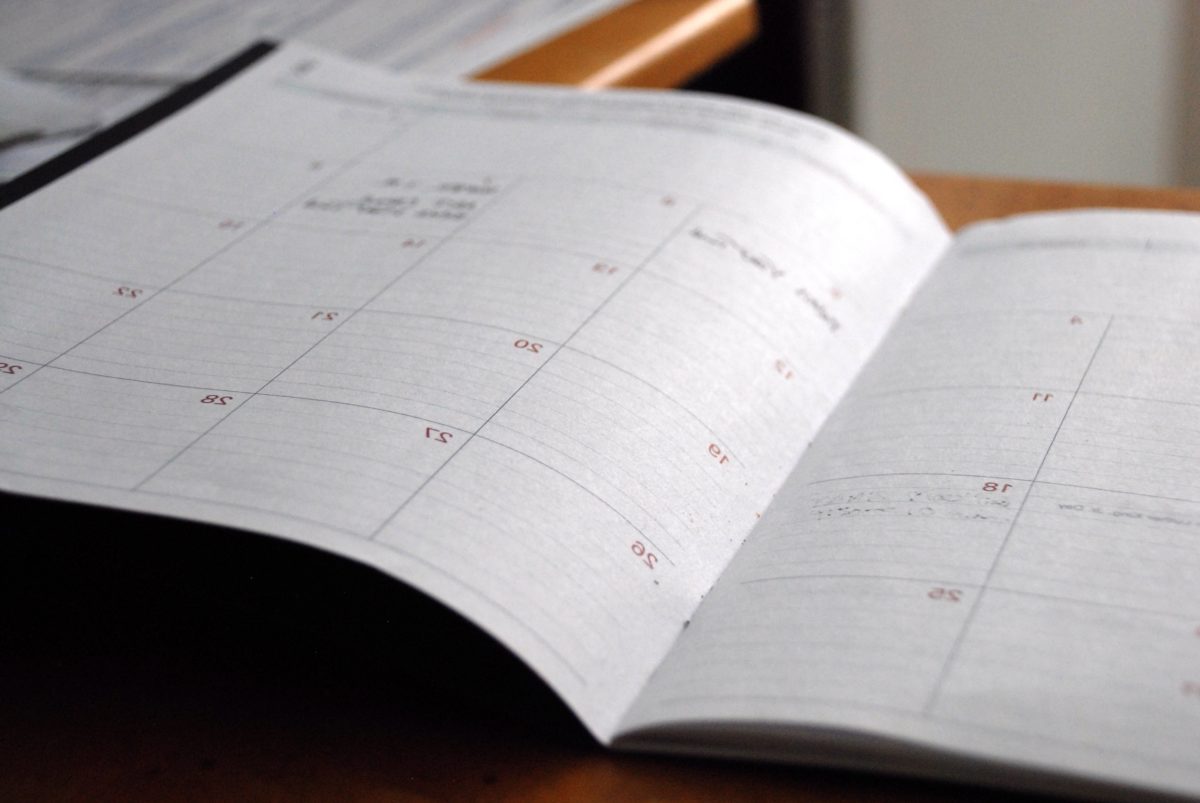
MANAGING TIME AT UNIVERSITY
Making the most out of your time is a personal challenge that can improve the results that you get from your time at university. You will need to plan your life so you get everything done and still have time to enjoy yourself. You may find that the use of lists, plans or diagram will help you manage the way you work more effectively.
You should reflect upon your planning methods often. You need to find a system that will work out for your personal needs and lifestyle.
- You need to be clear what you need to accomplish and when it needs to be completed by
- A term planner can help you track yourself over time
- A week planner will help you plan your week
- A to-do list will help you know what you need to get done on that day
- You need to develop realistic goals so you can plan out your time accordingly
TIME MANAGEMENT DEFINITION

People that are high achievers are able to carefully plan out their time. They use time management techniques to use their time wisely even with tight deadlines.
Having good time management will help you transition between activities. If you are busy that does not mean you are using time effectively. Often you spend time worrying and waste important time.
If you are always running around you will get less done. Too many tasks are not helpful. You need to use your time smarter so you will not have to work harder.
Time management is organising and dividing your time between tasks. Good time management will allow you to work wisely and get more done in less time. If you do not manage your time well you will feel stressed out.
TIME MANAGEMENT FOR STUDENTS
Proper planning is needed for the organisation of student life. You need to look at your future obligations and make sure you schedule enough to complete the task. This will allow you to have a purpose.
Five steps needed for planning
1. Plan Ahead
To do this you need to:
- Look at what you need to get done
- The date that you will need to get this completed by
- How long the tasks will take to complete
If you are in college you may want to read the course outline and information that is related to the course. This will give you an idea of how much time it will take. You need to look at how the different activities are going to relate to each other. This will help you develop a plan to organise your time.
2. Making the Plan
Once you know what needs to get done you should add it to your calendar. You can plan this out by semesters.
- Using a wall chart will make it easy to plan your time.
- You will be able to see the entire semester and plan accordingly.
- You can see how close the deadlines are to each other.
- You can remind yourself of your work when you are planning out your semester.
If you already have a calendar it can be used as a visual reminder of what needs to get one. This makes it easy to review. You can use this calendar to plan out your activities. You can add colours and images so you can sort them into categories. The deadlines can be in red and the starting date can be in green. You can use warning signs and other marks if you are not sure when you need to begin something.
You should always review your plan and add additional information as you find it out.
3. Break up your time
To have a handle of your time you will need to break it up into segments. You should follow some of these tips for planning your time on a weekly basis.
How to plan a week:
- Your study time during the week can be divided into two parts
- The time you will attend lectures, labs, and other courses
- The time you will study on your own and complete assignments
You can make a table for the week and divide that into hours. You can then fill in the time you will be attending the lessons. This will show you how much time you have remaining and how much time you have to plan around.
Look at the other things that you need to do. Do not put all your studying into a long session. You should be creative on how you use your time. For example:
- Take the evening to plan out your essay
- Use some time between classes to go to the library
- Use the 10-minute bus ride to review your notes from the class
You need to find a time frame that fits best for you. Do not try to plan out a major project at the end of your day if you are tired. You should do this when you are awake and alert and will do your best. If you are getting tired do something less strenuous such as putting your lecture notes in order.
When you plan out your week you need to fit in long-term and short-term commitments. If you are effective you will get used to this in no time.
Plan out your day:
During the week you need to look at each day and make sure your schedule is up to date. You can write a to-do list for each day.
- Your day can be planned so you stay on task.
- You need to be active with any plan. Once you have completed something check it off.
- Do not put too much on your daily schedule. Only add what you are realistically able to do during the day.
4. Setting Priorities
During the week there may be several things that you need to get done. You should develop a list of priorities to make sure they get done on time. A priority graph can be used. This will help you determine if something needs to be completed immediately or not.
If it is important you need to put it in the top right of the graph. If it can wait It does in the bottom left corner. You can even look at if it is something you really need to do, to begin with.
5. Review your progress
You need to review this to make sure your calendar is up to date and you have everything where it should be. You need to make sure these tasks are getting accomplished. Do not use forward planning and think about anything that may slow down your process.
Managing time at university can be difficult to wrap your head around to begin with. But with planning and effective time management, you can find the time to complete your studies while not getting stressed with the workload.
Reference:


2 Comments
Pingback:
Pingback: